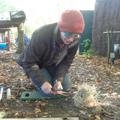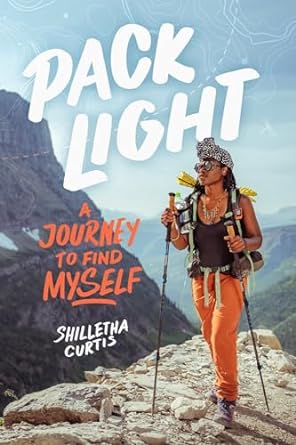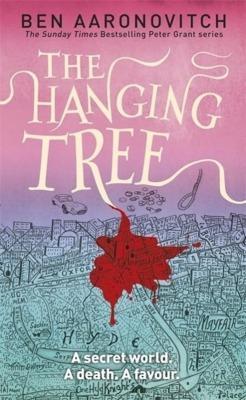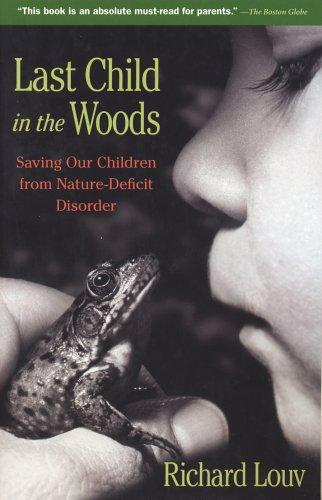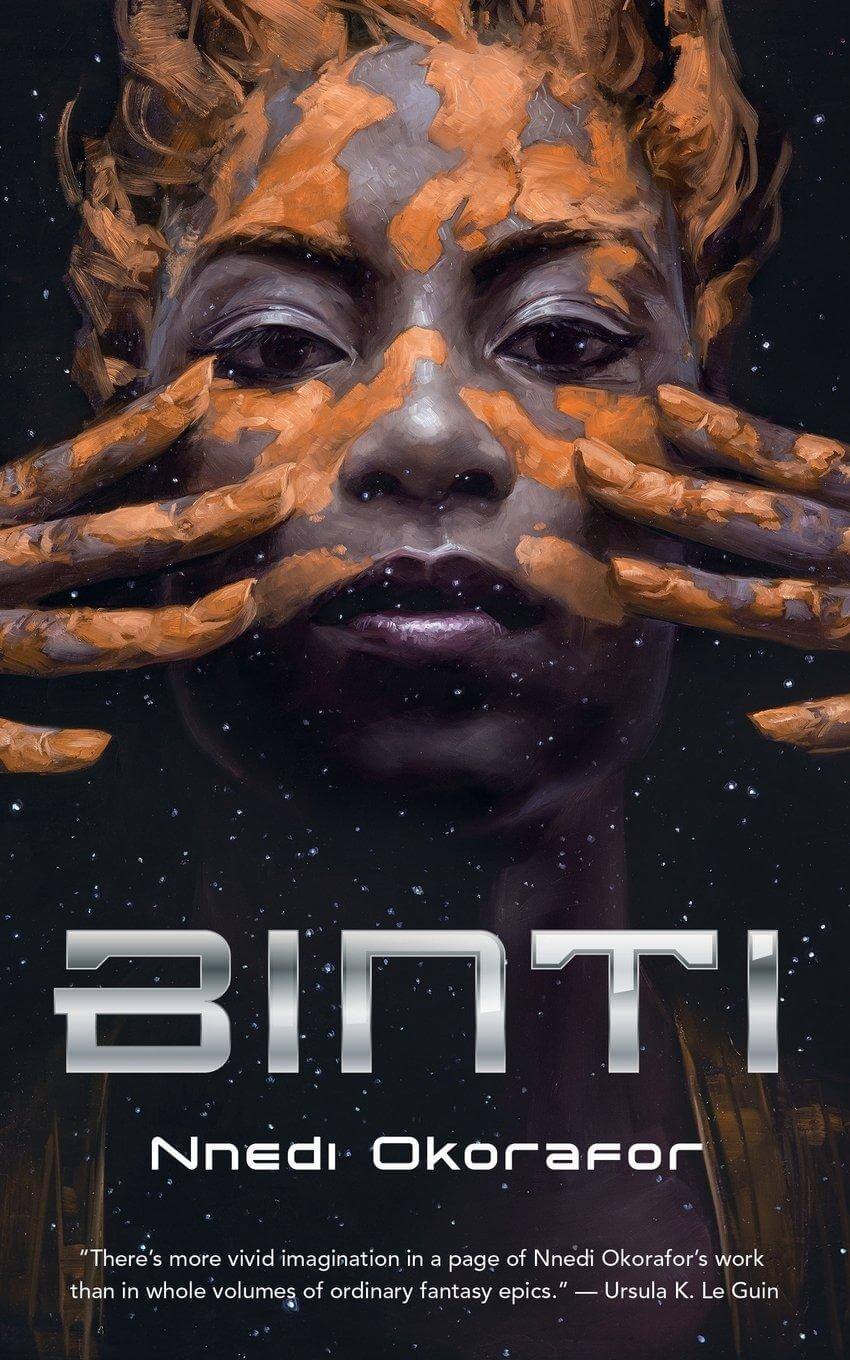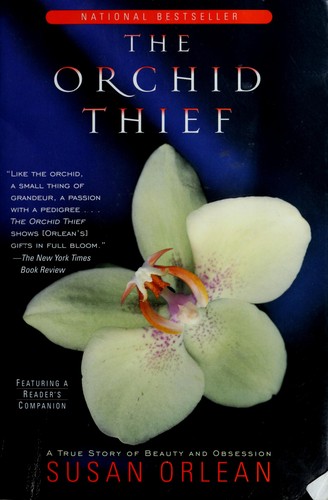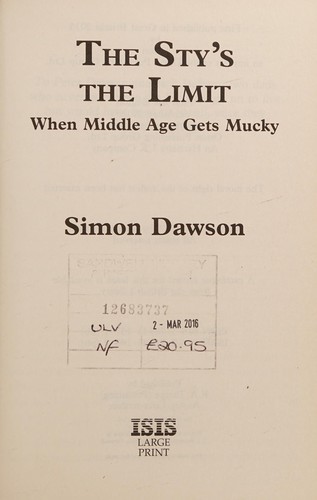Jules reviewed Pack Light by Shilletha Curtis
More of a personal memoir of triumph over struggles and critique of a racist society than a hiking memoir
4 stars
TW for self harm, suicidality, involuntary hospitalisation, child sexual and physical abuse, parental drug abuse and animal torture.
As a white person teaching bushcraft I'm going to start out by saying I picked this book up primarily to learn more about the different barriers people of colour face enjoying the outdoors, and no more than about half of the book directly relates to hiking the Appalachian Trail with the rest focused on her extremely difficult childhood and struggles with a racist society. It's not that I'm not concerned about that, but as a British person there's not a lot useful I can do about it unlike the peoples' experiences hiking, so the book was perhaps quite as relevant to me as I had hoped. It should also be noted that this book discusses some potentially very triggering issues the author has faced, some in considerable detail.
That being said it …
TW for self harm, suicidality, involuntary hospitalisation, child sexual and physical abuse, parental drug abuse and animal torture.
As a white person teaching bushcraft I'm going to start out by saying I picked this book up primarily to learn more about the different barriers people of colour face enjoying the outdoors, and no more than about half of the book directly relates to hiking the Appalachian Trail with the rest focused on her extremely difficult childhood and struggles with a racist society. It's not that I'm not concerned about that, but as a British person there's not a lot useful I can do about it unlike the peoples' experiences hiking, so the book was perhaps quite as relevant to me as I had hoped. It should also be noted that this book discusses some potentially very triggering issues the author has faced, some in considerable detail.
That being said it becomes required for outdoor professionals about half way in, when her experiences of her treatment as a hiker start to become very different from my own. I've always found travelling on foot to bring out kindness and a desire to help from the people I meet on the way, but always had an uneasy suspicion this might not have been the same if I had looked different from them, and this rather confirms it. Instead of the kindness of strangers she experienced "trail angels" (people offering lifts or snacks) failing to materialise, unwelcoming hostels with dog whistle racist posters, and a white man offering her a ride and a bed for the night then trying to threaten her into sex. She was racially abused by other patrons an a hostel and that was actually one of the more positive stories as at least the hostel management threw them out afterwards. She delivers an important critique of the white hiking community for tolerating this, leaving positive reviews for hostels and communities that are welcoming to them but turning a blind eye to them being dangerous for others. Even her final triumph summiting Katahdin was marred by the racist objectification she received in the bar where she went to celebrate afterwards.
I would have liked to read a little more about the barriers she faced to beginning her hike in the first place. She received a barrage of racist abuse in a Facebook group for asking for recommendations on hiking while Black, and was sponsored on her hike by the Appalachian Trail Conservancy after an employee of Middle Eastern heritage spotted this and empathised. She mentions that her pack weighed 11kg so she was presumably sponsored with some lightweight gear, I would have liked to read a bit about the challenges of acquiring expensive high performance equipment without sponsorship.
Overall if you're looking for a book about finding your place in the world through time in nature after the sort of childhood that's sadly probably not that unusual for a Black lesbian in a racist society, this is beautifully written and inspiring. This is an important read for anyone concerned about issues of racism in the outdoors, and a vital eyeopener for those whose experiences have been very different from hers, but sadly the people who most need to read it are unlikely to be the ones who do.
